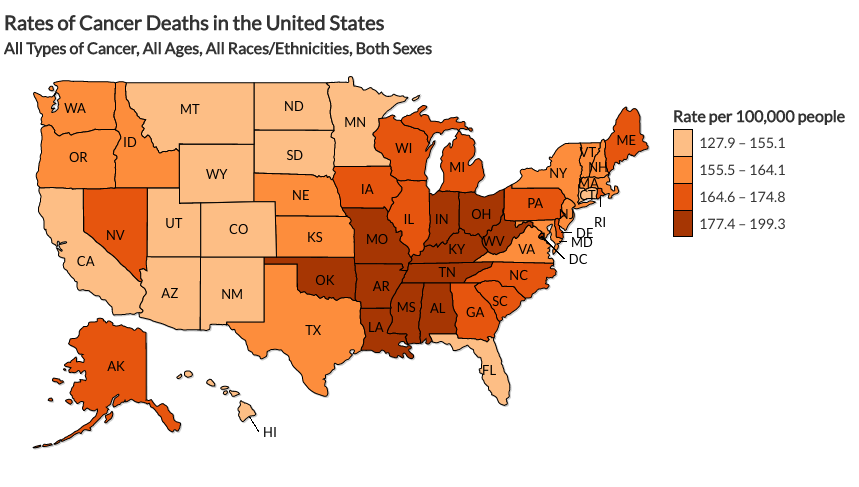Evidence for Biological Age Acceleration and Telomere Shortening in COVID-19 Survivors
From: https://pubmed.ncbi.nlm.nih.gov/34200325/

From wikipedia: A telomere (/ˈtɛləmɪər, ˈtiːlə-/; from Ancient Greek τέλος (télos) 'end' and μέρος (méros) 'part') is a region of repetitive nucleotide sequences associated with specialized proteins at the ends of linear chromosomes (see Sequences). Telomeres are a widespread genetic feature most commonly found in eukaryotes. In most, if not all species possessing them, they protect the terminal regions of chromosomal DNA from progressive degradation and ensure the integrity of linear chromosomes by preventing DNA repair systems from mistaking the very ends of the DNA strand for a double-strand break.
Abstract
The SARS-CoV-2 infection determines the COVID-19 syndrome characterized, in the worst cases, by severe respiratory distress, pulmonary and cardiac fibrosis, inflammatory cytokine release, and immunosuppression. This condition has led to the death of about 2.15% of the total infected world population so far. Among survivors, the presence of the so-called persistent post-COVID-19 syndrome (PPCS) is a common finding. In COVID-19 survivors, PPCS presents one or more symptoms: fatigue, dyspnea, memory loss, sleep disorders, and difficulty concentrating. In this study, a cohort of 117 COVID-19 survivors (post-COVID-19) and 144 non-infected volunteers (COVID-19-free) was analyzed using pyrosequencing of defined CpG islands previously identified as suitable for biological age determination. The results show a consistent biological age increase in the post-COVID-19 population, determining a DeltaAge acceleration of 10.45 ± 7.29 years (+5.25 years above the range of normality) compared with 3.68 ± 8.17 years for the COVID-19-free population (p < 0.0001). A significant telomere shortening parallels this finding in the post-COVID-19 cohort compared with COVID-19-free subjects (p < 0.0001). Additionally, ACE2 expression was decreased in post-COVID-19 patients, compared with the COVID-19-free population, while DPP-4 did not change. In light of these observations, we hypothesize that some epigenetic alterations are associated with the post-COVID-19 condition, particularly in younger patients (< 60 years).


